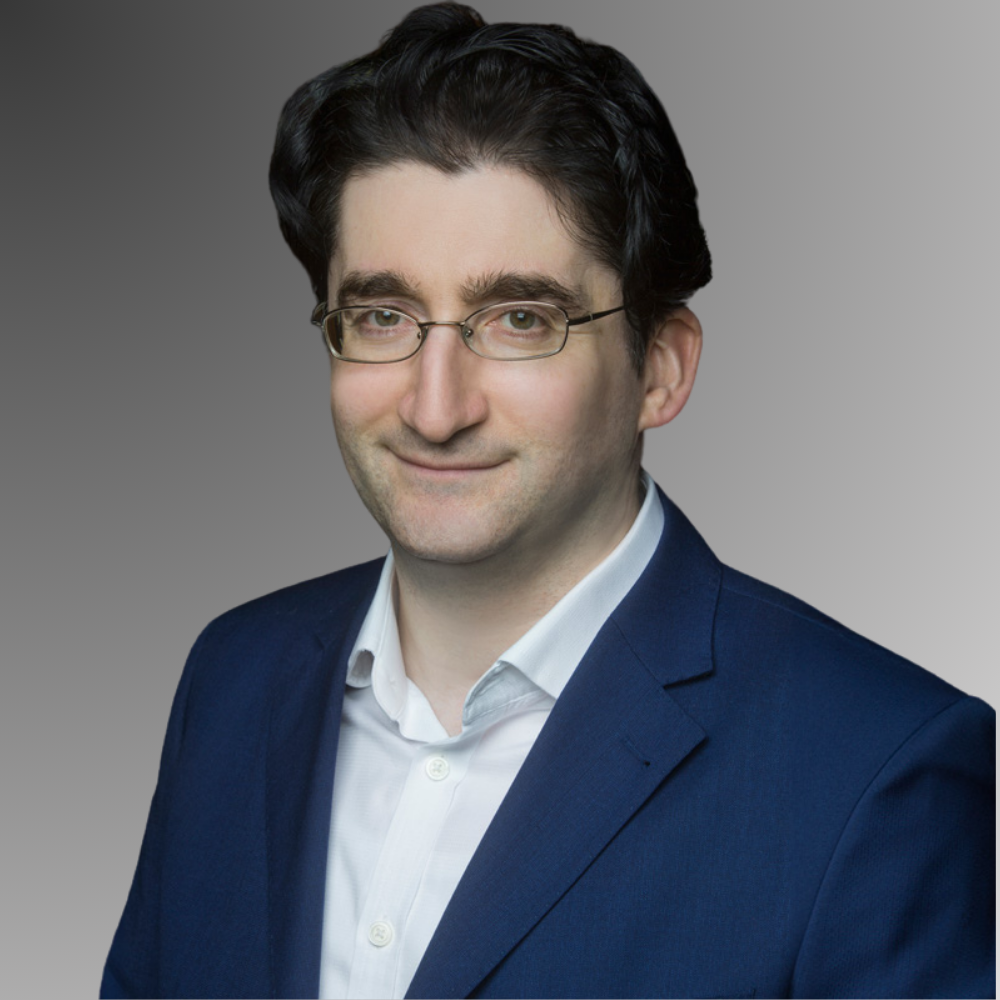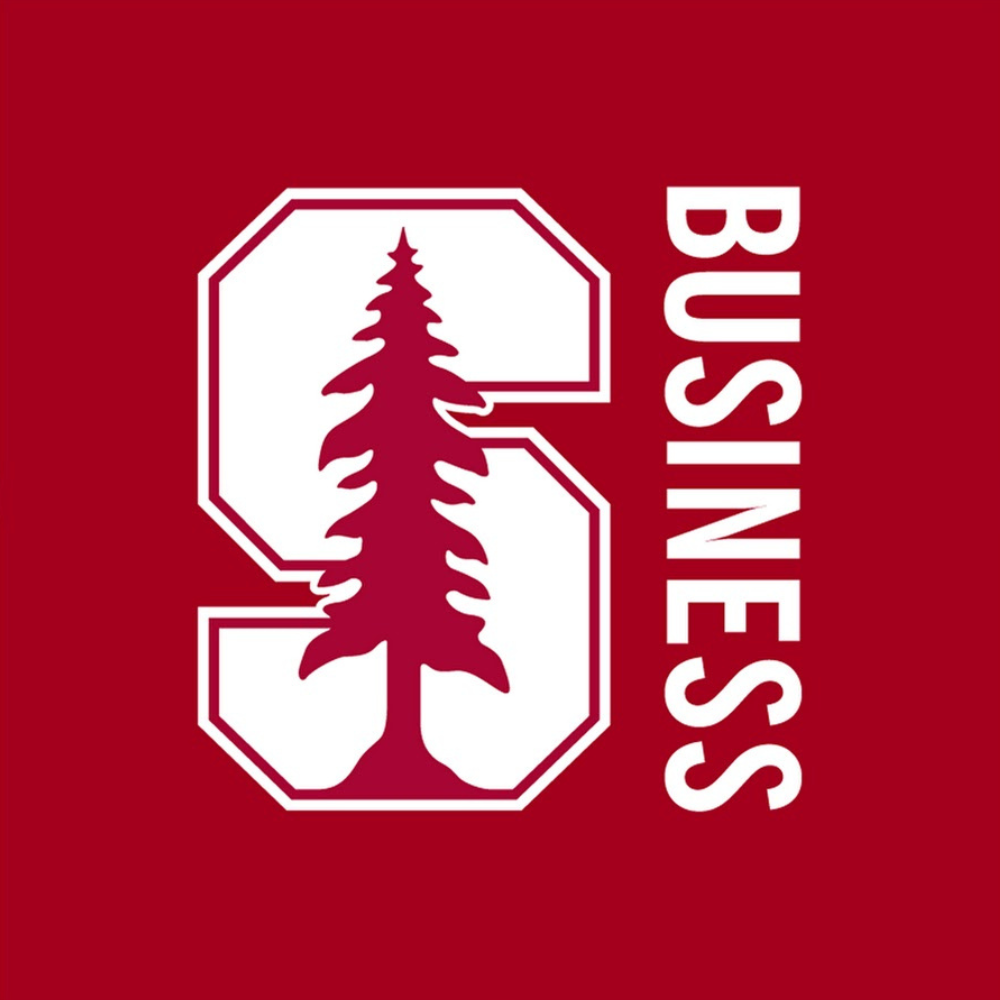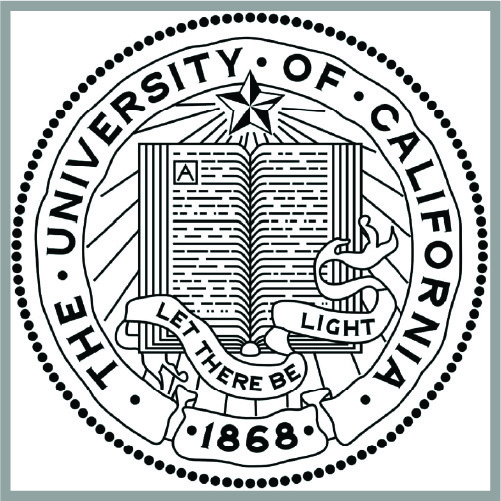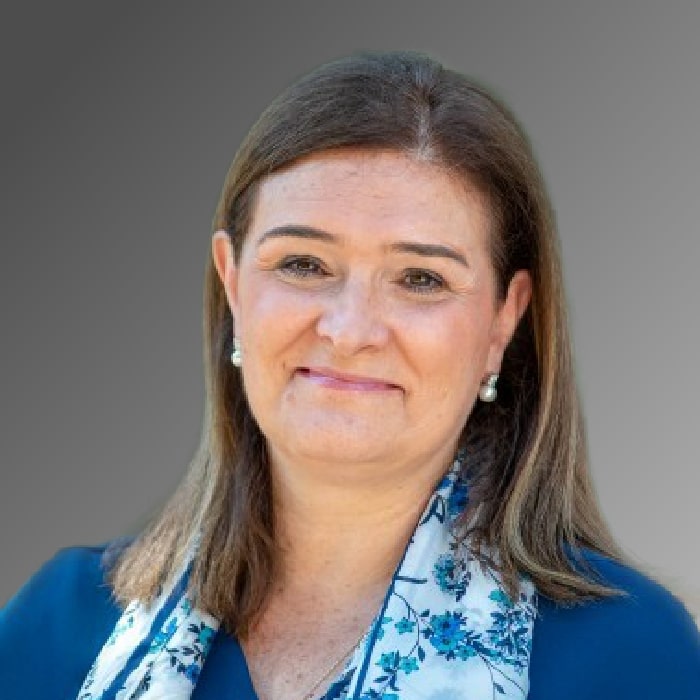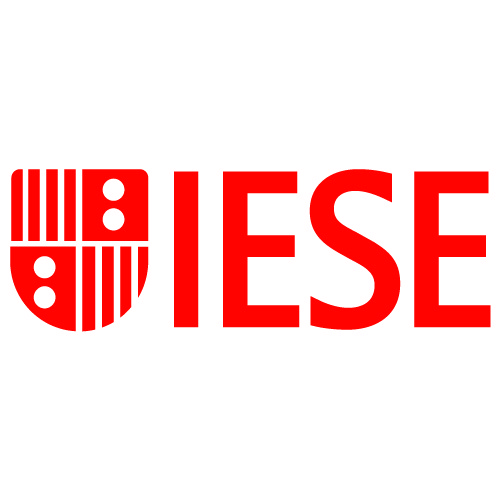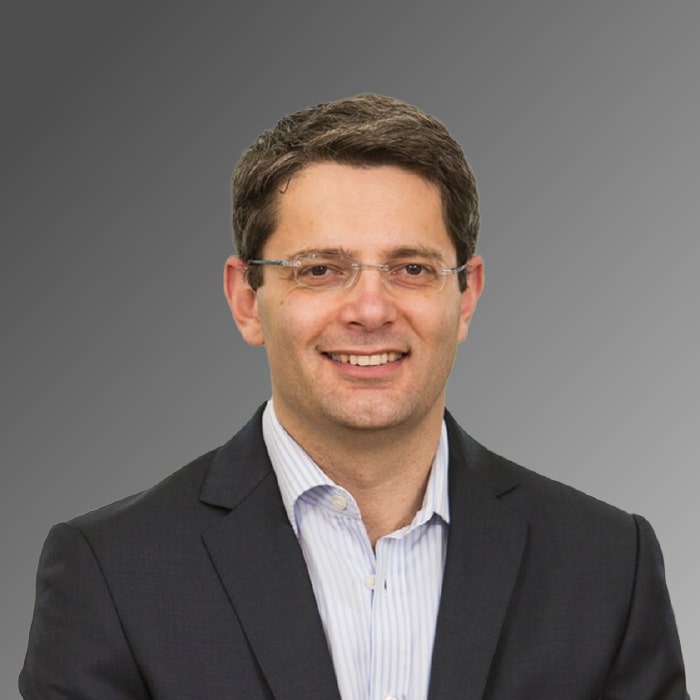Interviewed January 15th, 2025
In a recent conversation with Nicolas Sauvage, President of TDK Ventures, Colin McLeod, Executive Director of the Melbourne Entrepreneurial Centre at the University of Melbourne, shed light on Australia’s entrepreneurial ecosystem and its potential to become a leading global hub for innovation. The discussion spanned McLeod’s personal journey, Australia’s inventiveness, and the challenges of commercialization — a critical area where the country must improve to thrive in the global venture landscape.
From Industry to Academia: A Unique Perspective on Corporate Venturing
Colin McLeod began his career at General Motors before transitioning to academia. This shift, which he describes as an unexpected but transformative experience, helped shape his deep understanding of both corporate and entrepreneurial ecosystems. Reflecting on his early years, McLeod shared, “When I left university, jobs that people aspired to were in banking, consulting, or large manufacturing companies. I started my career at General Motors, where I worked for close to ten years.”
During his tenure at General Motors, McLeod pursued an MBA, which marked the first major inflection point in his career. “All of a sudden, I went from the world of General Motors to a world where people had very different experiences,” he said. This exposure eventually led him to teaching, research, and ultimately a PhD focused on the commercialization of new technology — a field crucial to Australia’s economic future.
Australia’s Inventiveness vs. Commercialization Challenges
Australia is known for its ability to invent, but it has historically struggled to commercialize these inventions. McLeod noted, “Australia is one of the most inventive countries in the world. Every day, people use things that were invented here — Wi-Fi, the black box flight recorder, cochlear implants. But what we’ve never been good at is commercialization.”
Despite being ranked in the top five to ten globally for inventiveness, Australia falls outside the top 50 when it comes to outputs like commercialization and public impact. McLeod attributes this gap to a lack of infrastructure and experience in turning ideas into viable businesses. He emphasized the importance of addressing this challenge, stating, “A lot of my work involves helping the research community figure out their path — whether they want to continue in academia, spin out a company, or license their technology.”
Lessons from Silicon Valley
Having spent time at Berkeley and in Silicon Valley during the internet boom of the 1990s, McLeod observed the unique culture that has made the region a global leader in entrepreneurship. “In Silicon Valley, everyone is connected to someone with a startup,” he said. “The number of high-quality people who can give advice and direction is astounding.”
McLeod highlighted the critical role of mentorship in fostering successful ventures, a practice that Australia can adopt. “Good mentorship is one of the most valuable things we can offer our entrepreneurs. In Silicon Valley, the ethos of paying it forward is deeply ingrained,” he explained.
Building Deep Tech Ventures: The Genesis Fund
McLeod’s current work at the Melbourne Entrepreneurial Centre includes managing initiatives like the Genesis Fund, which supports deep-tech startups. Unlike traditional startups, deep tech ventures often require long development cycles and significant regulatory approvals, making them less attractive to typical venture capitalists.
“We identified a gap between university proof-of-concept funds and early-stage deep tech investment,” McLeod said. “The Genesis Fund was created to bridge that gap by helping researchers move from having a piece of technology to building a venture around it.”
He also stressed the importance of assembling the right team for these ventures, including non-scientists who can bring business and strategy expertise. “We may need to find a CEO, a CFO, or a head of business development even when we’re five years away from having a product,” he said. “It’s about creating a structure that allows the technology to reach the market.”
The Role of Corporate Venture Capital
On the topic of corporate venture capital (CVC) in Australia, McLeod pointed out that while it has a lower profile compared to regions like the U.S. or Japan, it is evolving. “A lot of Australian corporates started by spinning off their own accelerator programs or venturing initiatives,” he explained. “Many of these didn’t work out as hoped, so they’re now reconsidering and moving towards becoming more like traditional VCs.”
Sauvage and McLeod discussed how entrepreneurs can better engage with corporate VCs by doing thorough research. “When approaching a VC, you need to be in front of the right partner with the right value proposition,” McLeod advised. “It’s about understanding their portfolio, what drives them, and tailoring your pitch accordingly.”
Sauvage echoed this sentiment, adding, “If someone reaches out without even mentioning our portfolio companies or deep explorations, it’s clear they haven’t done their homework. A well-researched pitch makes all the difference.”
Envisioning Melbourne as a Global Innovation Hub
Looking ahead, McLeod envisions Melbourne becoming a leading global innovation hub within the next 20 years. However, he identified several key areas that need to be addressed to realize this vision:
- Global Connectivity: “We need to better leverage our alumni network and global connections. I’ve never reached out to an alumni for help and been turned down,” McLeod noted.
- Leadership Talent: “Finding experienced leaders to run deep tech ventures is a challenge. We need to attract talent back to Australia by offering the right opportunities and support.”
- Entrepreneurial Education: “We’re working on educating our scientific community about entrepreneurship. It’s not about forcing them down that path but giving them the knowledge to make informed decisions.”
McLeod also highlighted the need for a cultural shift in how entrepreneurship is perceived in academic environments. “There’s research showing that academics with entrepreneurial experience become better researchers. They publish more, attract larger grants, and tackle more cutting-edge problems,” he said.
The Human Factor: A Catalyst for Change
Throughout the conversation, McLeod and Sauvage emphasized the centrality of people in driving innovation. “It’s all about the people,” Sauvage said. “Mission-driven work, strong relationships, and a culture of learning are what makes ecosystems like Silicon Valley thrive.”
McLeod concluded with an optimistic outlook for Australia’s future. “We have the inventiveness, the talent, and the drive. If we can foster the right environment, attract global talent, and build strong partnerships, there’s no reason why Melbourne can’t become a global leader in innovation.”
As Australia continues to punch above its weight in inventiveness, the challenge remains to turn great ideas into impactful ventures. With leaders like Colin McLeod and initiatives like the Genesis Fund, Melbourne is well on its way to bridging the gap and positioning itself as a powerhouse in the global innovation landscape.

 Good mentorship is one of the most valuable things we can offer our entrepreneurs. In Silicon Valley, paying it forward is deeply ingrained into their ethos.
Good mentorship is one of the most valuable things we can offer our entrepreneurs. In Silicon Valley, paying it forward is deeply ingrained into their ethos. 









